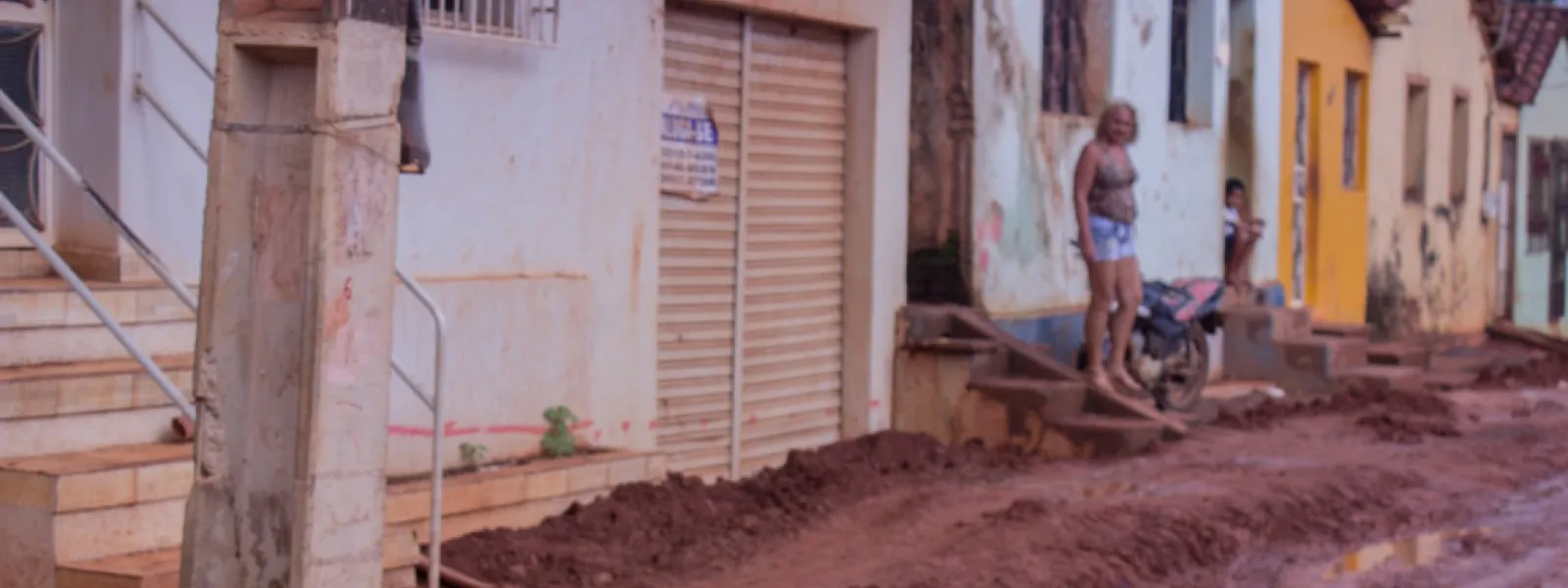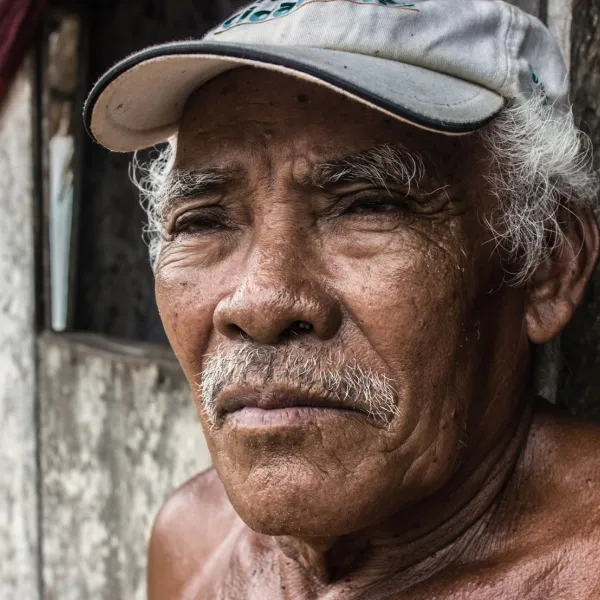
Project
Photo: Maíra Irigaray / Amazon WatchHolding Brazil accountable for the Belo Monte Dam
When fully operational, Belo Monte will be the third-largest dam in the world, constructed in one of the most important ecosystems on the planet: the Amazon rainforest. It sits on the Xingu River in Pará, a state in northern Brazil. The reservoir will cover 500 square kilometers of forest and farmland—an area the size of Chicago.
For the people of the Xingu, construction of Belo Monte has meant loss of access to water, food, housing, work and transportation. At least 20,000 people have been displaced.
The government and construction consortium began to construct the dam without first consulting the people of the region, many of whom are indigenous. They flouted international human rights law, which requires the free, prior and informed consent of affected indigenous communities. Brazil also failed to comply with precautionary measures issued by the Inter-American Human Rights Commission, which were intended to protect the life, health, and integrity of local communities.
Though Belo Monte began operations in May 2016, it is not yet operating at full capacity. In April 2016, a federal court suspended the dam's operating license because the consortium in charge did not complete basic sanitation works in Altamira, the city nearest to and most affected by the dam.
Partners:

Related projects
Latest News
Organization of American States questions Belo Monte Dam project
Human rights body of the OAS solicits official inquiry while Amazonian communities stage major protests. Altamira, Brazil - The Organization of American States (OAS) officially requested the Brazilian government to clarify information on the Belo Monte Dam’s licensing process, which moved forward without ensuring proper consultation with local indigenous groups. This request comes amid heightening local and international controversy around plans to construct the dam complex on the Xingu River in the Brazilian Amazon. The Inter-American Commission on Human Rights (IACHR) of the OAS, solicited the request in response to a complaint filed by several organizations including the Xingu Alive Forever Movement (MXVPS), the Inter-American Association for Environmental Defense (AIDA) and the Para Society for the Defense of Human Rights (SDDH), and supported by another 40 institutions advocating for the rights of indigenous and traditional communities of the Xingu River basin. The complaint demands that the Brazilian government immediately suspend the licensing process for the Belo Monte Dam, stop construction of the project, and guarantee the human rights of affected people and communities. The IACHR gave the government ten days to clarify the steps taken to ensure free, prior and informed consultations with local peoples and the legality of the dams "partial license," among other issues. The request is the first step in a longer proceeding in which local communities are alleging human rights violations stemming from the proposed dam. "When Brazil signs a treaty, it is obliged to comply with its resolutions," said Roberta Amanajás, a lawyer for the Para Society for the Defense of Human Rights (SDDH). "As a signatory to the Inter-American Convention on Human Rights, Brazil must recognize its legitimacy to examine cases such as Belo Monte." "With huge development projects like the Belo Monte Dam Complex, all governments must be held accountable for protecting human rights and the environment of local communities," said Jacob Kopas, a lawyer with AIDA. "The Inter-American Commission has already recognized this in other cases and has urged the suspension of a large dam project in Panama and as large gold mine in Guatemala." Meanwhile, hundreds of fisherman staged a protest on Friday in the city of Altamira to show their opposition to a project that could destroy their livelihoods by decimating the region's migratory fish species. The event, blessed by Dom Erwin Kräutler, Bishop of the Xingu and historic opponent of the hydroelectric plant, was marked by dozens of fishing boats setting out on the Xingu River to symbolize the importance of defending the river and preserving their way of life. "The fisherfolk of the Xingu are committed to organizing in defense of their river," said Kräutler. "From it they pull sustenance for themselves and their families, while their hard work supplies all of the cities along the Xingu. It was very powerful to see them set out in large numbers to fish last week. Their return today has shown that the river is alive and that they want to see it remain alive forever." Today, dozens more fishing boats from surrounding communities affected by the dam have joined the protesters in a show of solidarity, where they will greet the fishermen on their return and share their catch to mark the International Day of Action for Rivers.
Read more